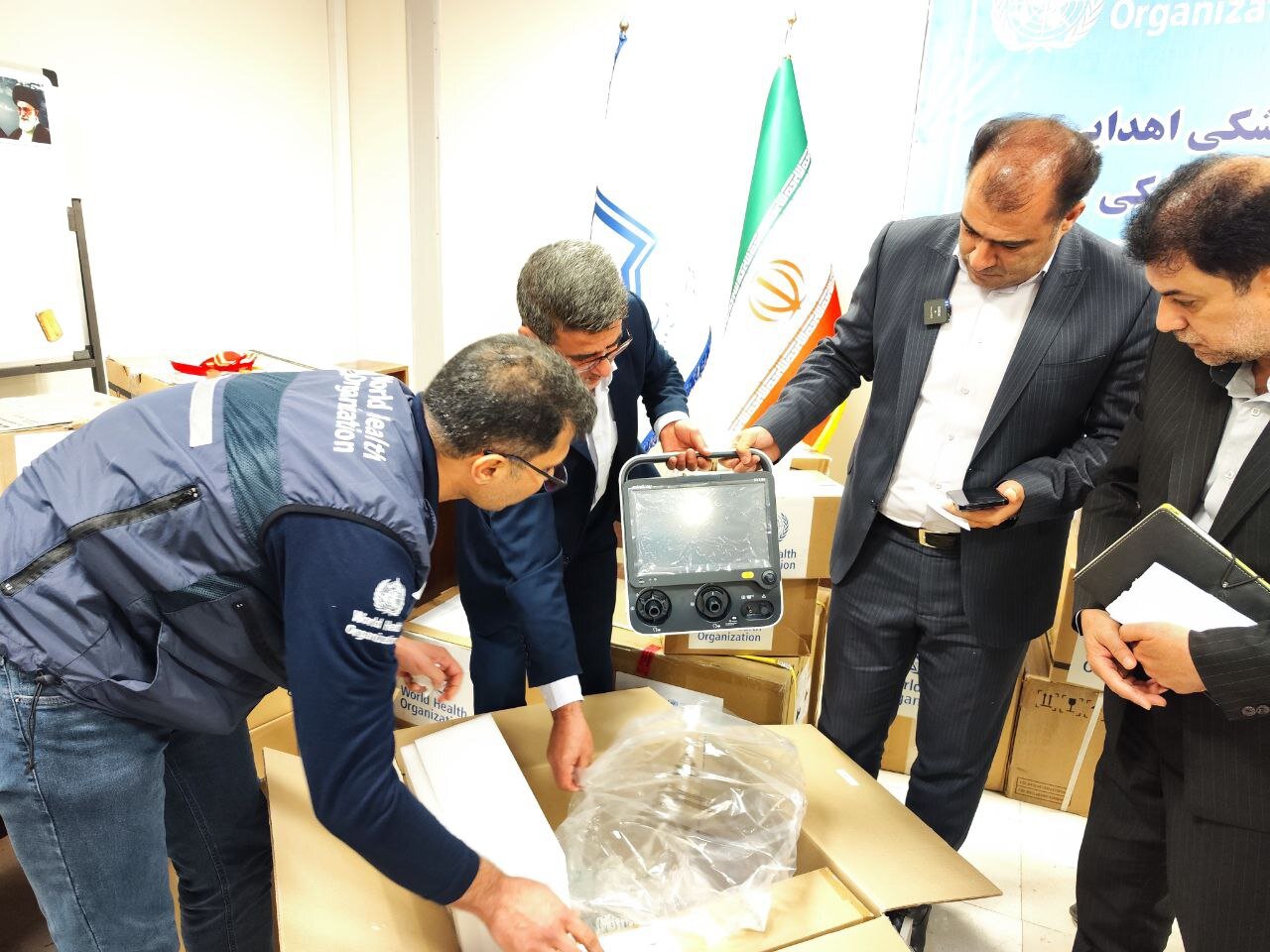WHO strengthens emergency response capacity in quake-hit Khoy

TEHRAN– The World Health Organization (WHO) has taken a significant step towards enhancing emergency response capacity in the wake of the early 2023 earthquake in Khoy, located in the West Azarbaijan province, northwestern Iran.
This initiative is made possible through the support of the United Nations Central Emergency Response Fund (CERF).
On 28 January 2023, at 21:44 local time, a devastating magnitude 5.9 earthquake struck Khoy, leaving more than 1,445 people injured and causing significant damage to the region.
In response to the government’s request for assistance, WHO immediately took action by participating in a multisectoral UN inter-agency mission to assess the situation, understand the needs of the affected population, and coordinate an immediate joint UN response.
Recognizing the urgent public health needs of the earthquake-affected population, WHO has embarked on a crucial mission to provide life-saving equipment and supplies to health facilities in Khoy and surrounding areas.
The goal is to support health facilities accommodating earthquake-affected patients and those with limited access to healthcare due to damages caused by the earthquake.
To achieve this objective, WHO has procured and donated essential medical equipment, including two mechanical ventilators to assist patients requiring breathing support, one trauma and emergency surgery kit (TESK) to provide vital trauma care, and three portable automated external defibrillators (AEDs) to aid in cardiac life support.
“This initiative reflects WHO’s dedication to its mission of promoting global health and responding to emergencies promptly and effectively. The Organization remains committed to working closely with local authorities and partners to enhance resilience and preparedness in the face of future disasters,” said Dr Syed Jaffar Hussain, WHO Representative and Head of Mission to the Islamic Republic of Iran.
“These critical resources are envisioned to not only save lives but also prevent mortality and morbidity in the region,” Dr Hussain underscored.
The direct beneficiaries of this project are estimated to be 3,440 individuals, while an additional 150,000 people will indirectly benefit from the strengthened emergency response capacity in the region.
The support provided by WHO, in collaboration with CERF, underscores the commitment to ensuring the well-being and health of the affected population in times of crisis.
Leave a Comment